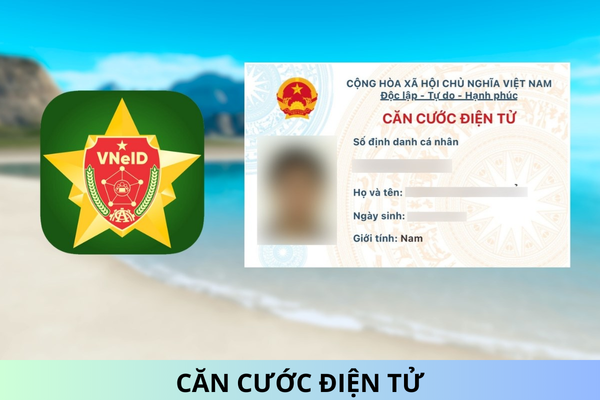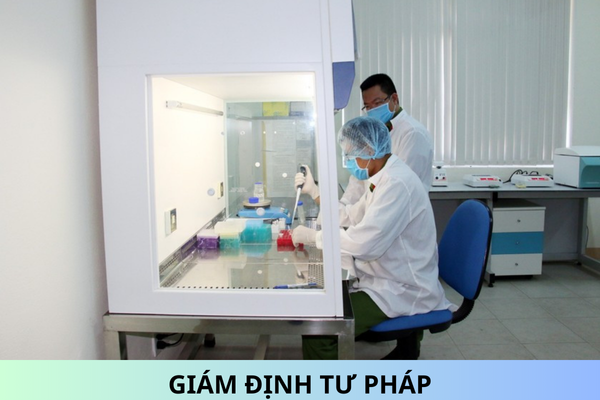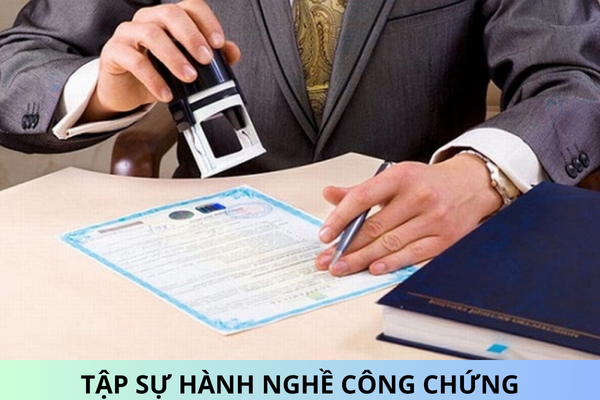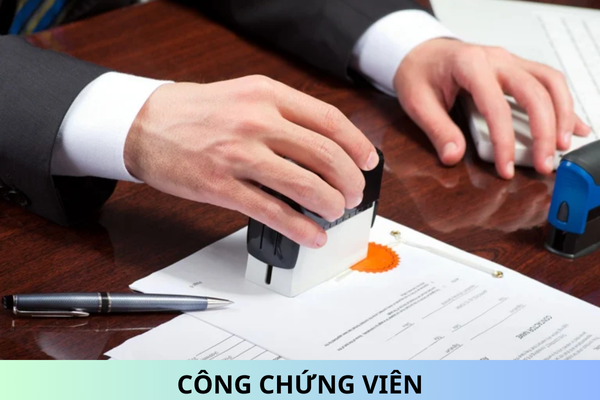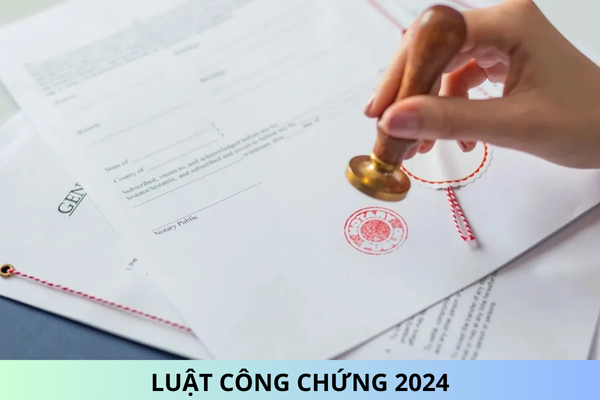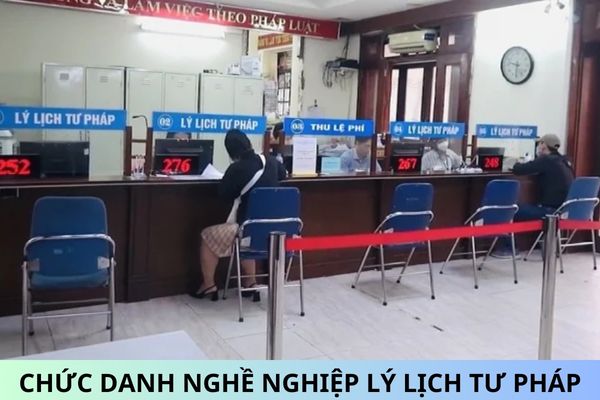03 cases in which a notary may not receive and notarize translations in Vietnam
What are cases in which a notary may not receive and notarize translations in Vietnam? - Ms. My (Ha Noi)
03 cases in which a notary may not receive and notarize translations in Vietnam
Pursuant to Clause 4 Article 61 of the Law on Notarization in 2014 stipulating 03 cases in which a notary may not receive and notarize translations in Vietnam as follows:
(1) A notary knows or must know that the originals are granted ultra vires or are invalid or counterfeit;
(2) Papers or documents requested for translation have been erased or modified, have additions or omissions, or are damaged or rumpled, making their contents unreadable;
(3) Papers or documents requested for translation are classified as state secrets; papers or documents are banned from dissemination under law.
03 cases in which a notary may not receive and notarize translations in Vietnam - Source: Internet
Do collaborators of translation in a notarial practice organization have to graduate from a university of foreign languages?
Pursuant to Clause 1 Article 61 of the Law on Notarization in 2014 stipulating notarization of translations as follows:
Notarization of translations
1. The translation of papers and documents from Vietnamese into a foreign language or vice versa for notarization shall be done by interpreters being collaborators of notarial practice organizations. These collaborators must be graduates of foreign language universities or other universities who are fluent in the foreign language used. These collaborators shall take responsibility before notarial practice organizations for the accuracy and consistency of their translations.
2. A notary shall receive originals of papers and documents to be translated, check them before handing to an interpreter being a collaborator of the notarial practice organization for translation. The interpreter shall sign every page of his/her translations before the notary writes the testimonies and signs every page of such translations.
Every page of translations shall be appended with the “Translation” mark in the right top blank space; translations shall be attached with copies of originals and have every two adjoining sheets appended with an overlapping seal on their inner edges.
...
Pursuant to Clause 1 Article 22 of the Decree 01/2021/TT-BTP stipulating interpreter collaborators of notarial practice organizations as follows:
Interpreter collaborators of notarial practice organizations
1. Interpreter collaborators of notarial practice organizations must fully satisfy the criteria specified in Clause 1, Article 61 of the Notarization Law.
In case the interpreter collaborator has registered a signature specimen at the notarial practice organization for which he/she works as a collaborator, he/she may sign the translation in advance; The notary must compare the actual signature of the interpreter collaborator with the signature specimen before bearing the notarial certificate and signing each page of the translation.
2. Rights and obligations of the notarial practice organization:
a) Sign a contract with an interpreter collaborator, clearly defining the collaborator's responsibilities for the content, translation quality, remuneration, rights and obligations of the parties;
b) Notify in writing to the Department of Justice where the notarial practice organization registers its operation the list of interpreter collaborators within 05 working days from the date of signing the contract with the collaborator;
c) Pay interpreter remuneration as agreed with the interpreter collaborators;
d) Publicly post the list of interpreter collaborators at its head office;
dd) Make restitution for any damage caused and claim reimbursement from interpreter collaborators according to Article 38 of the Notarization Law;
e) Other rights and obligations as agreed with the interpreter collaborators or as prescribed by law.
...
Collaborators of translation in a notarial practice organization are not required to graduate from a university of foreign languages. They can graduate from a university in any field as long as they have a good command of the language or languages to be translated.
What are rights and obligations of translation collaborators in Vietnam?
Pursuant to Clause 3 Article 22 of the Decree 01/2021/TT-BTP stipulating rights and obligations of translation collaborators in Vietnam as follows:
- Receive interpreter remuneration as agreed with the notarial practice organization;
- Take responsibility for the accuracy and properness of the content of the translation made by them;
- Refund the restitution that the notarial practice organization has made for damage caused by the interpreter collaborator’s fault according to Article 38 of the Notarization Law;
- Comply with the provisions of the law on translation and the working rules of the notarial practice organization;
- Other rights and obligations as agreed with the notarial practice organization or as prescribed by law.
Best regards!

